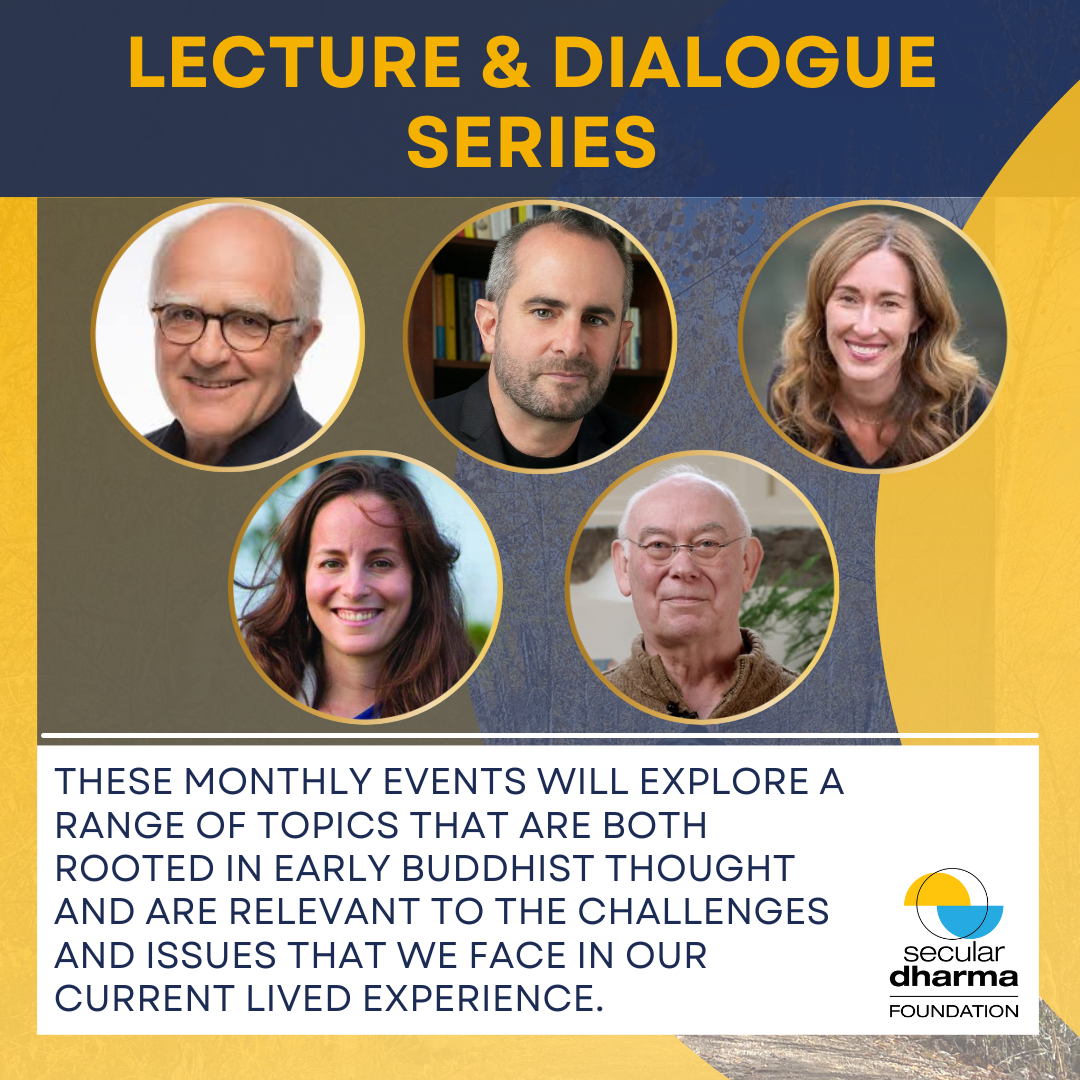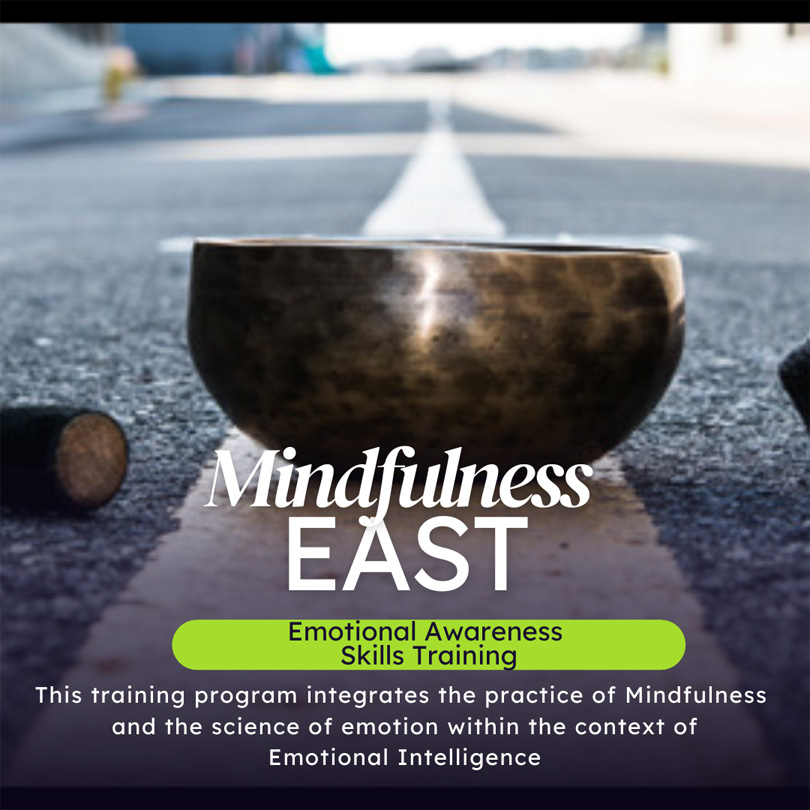PROGRAMS

Lecture and Dialog Series:
These monthly events will explore a range of topics that are both rooted in early Buddhist thought and are relevant to the challenges and issues that we face in our current lived experience.
The format will not follow a traditional Dharma talk, but will take place in a dialogue format that is intended to raise more questions than provide answers. As the practice of the Dharma continues to make inroads into our culture through various channels, these dialogues have been created to address ideas, topics, and tensions that are not generally addressed in the greater arena of mindfulness, Dharma, and Buddhism.
Our hope is to address the existential, therapeutic, contemplative, and ethical dimensions of our humanity that can skillfully bring to light pragmatic and realistic sets of practices and perspectives that can have a meaningful impact on what it means to live in this world. Here and now.
Sign up at no cost: HERE

Mindfulness E.A.S.T
(Emotional Awareness Skills Training)
This training program integrates the practice of Mindfulness and the science of emotion within the context of Emotional Intelligence. It provides didactic overview, theory and practice on core tenets of emotional awareness, emotional regulation, and constructive choices pertaining to behavior, action and consequence.
Background
Mindfulness practices have exploded into the field of mental health over the last several years. They have been proven effective in reducing stress, anxiety, and impulse control. Despite the current trends and hype, mindfulness practice can also be limited if it does not have a specific focus or aim. Individuals who struggle with any type of behavioral disorder typically have little or no emotional regulation strategies. This often is the culprit in relapse and reengagement with any destructive or addiction behaviors. When Mindfulness practice is aimed at the development of emotional regulation and ultimately emotional intelligence; individuals move more progressively within various forms of clinical interventions, therapy or treatment.
For more information email: dave@seculardharmafoundation.com
